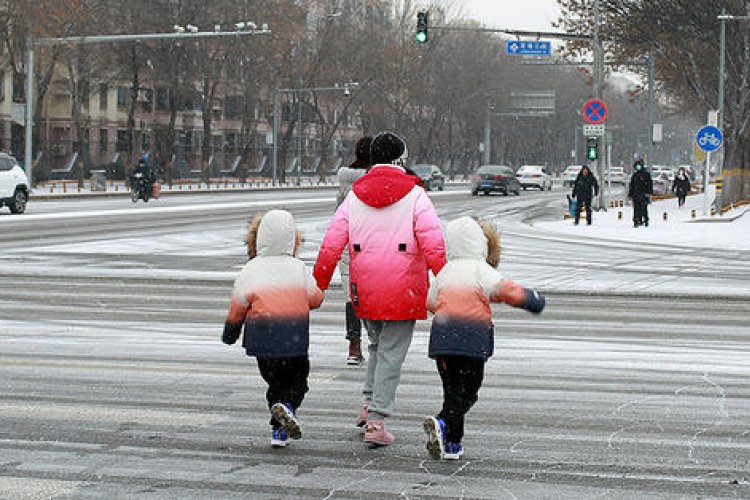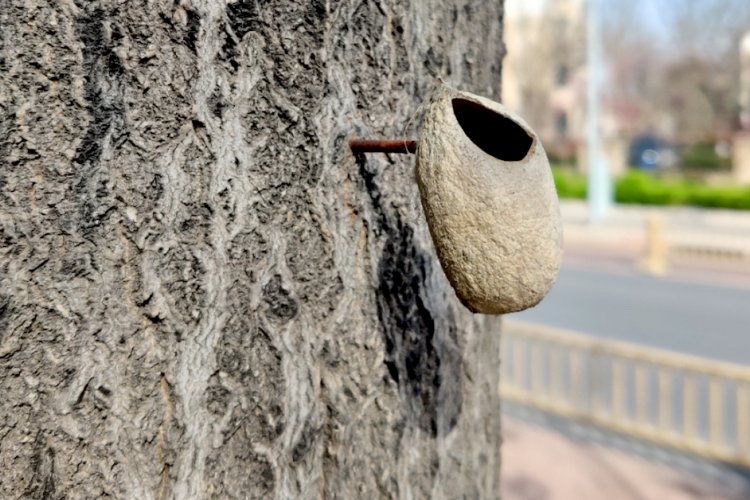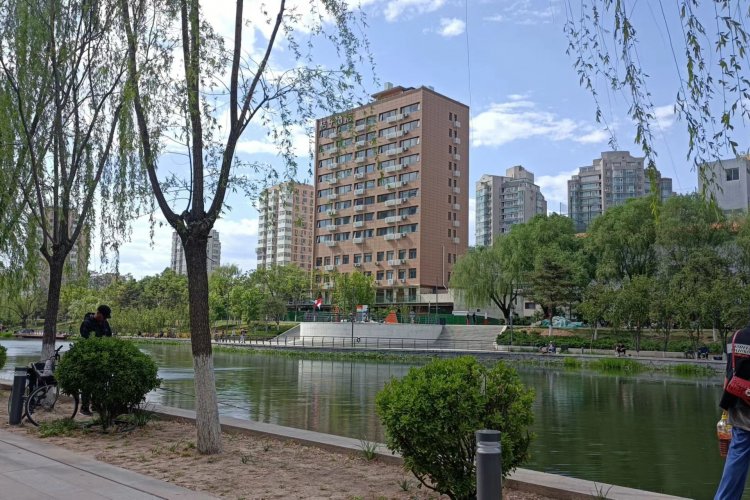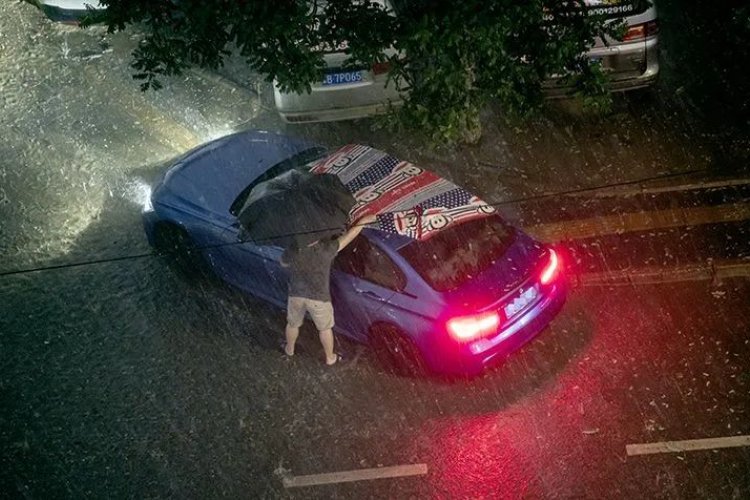Blue Skies
As the sky looms gray and depressing over Beijing and even the shortest bike rides result in sore throats and suspicious coughs, rest assured that there’s a reason for it all: those peasants are at it again! The Beijing Environmental Protection Agency issued a statement last week that seasonal straw burning in rural areas was in part responsible for the visible recent increase in pollution in the capital. Burning excess straw, a low-cost alternative to tilling it into the soil, is done in preparation for a second planting. Although burning straw was prohibited in Beijing in 2000, the practice continues in neighboring provinces, and occurs annually at this time of year.
In tune with this noticeable recent increase in pollution, local media has expressed concern that Beijing will be unable to fulfill its 2007 target of 245 “Blue Sky Days,” part of the “Defending the Blue Sky” anti-pollution campaign started in 1998. “Blue Sky Days” are defined as those with a pollution index of less than 100. Only 11 out of the 25 days so far this June have qualified as “Blue Sky Days,” far below the 67% needed to hit the year’s target. Although the recent pollution is in part due to burning straw in the countryside, the nongmin can’t be blamed for an accordingly low proportion of Blue days in the past six months.
See for yourself at a government website that tracks the pollution index in 84 of China’s major cities. According to the site, Beijing’s most polluted day this month was Tuesday, June 19, with the pollution index surpassing 200. To give you a sense of what this means, 200-250 is listed as “moderate pollution,” the point at which healthy people begin to exhibit symptoms and all sick and elderly should stay indoors and limit activity. The majority of days in June qualified as slight pollution (100-200). Notably, their database indicates that the pollution in June 2005 and 2006 was much less severe, both in terms of average pollution index and extremes.
These numbers take on greater significance as we near the one-year mark before the Olympics. Beijing pledged in November 2005 to hold a “Green Olympics,” and meeting air quality goals is an important aspect of such a promise. Of course, what the city can’t accomplish year-round, it can always provide in the short-term with a number of stopgap measures. Temporary measures for next summer include inducing precipitation, limiting cars in the street and halting construction. We suspect, moreover, that Beijing will expand its influence into the countryside come next hay-burning season.
Links and Sources:
Image of Drum Tower with the hills to the west of Beijing in the background. (tbj photographer Simon Lim)
Why Do Farmers Burn? (image)
State Environmental Protection Administration: Air Quality Daily Report for 84 Major Cities In China
Xinhua: Beijing choked by smoke from burning stalks






